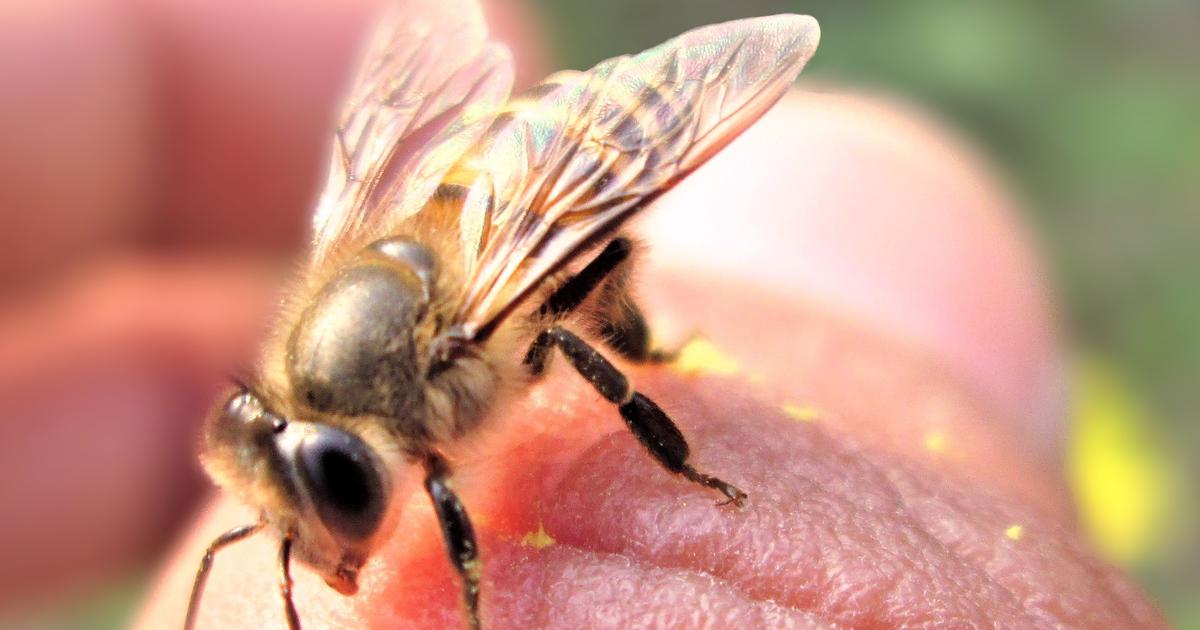Reasons Individuals Might Go Into Anaphylactic Shock
Insect Stings And Bites

Another incredibly common trigger for anaphylactic shock is an insect sting or bite when an individual is allergic to it. Among these, reactions to bee stings are the most common. Insect venom contains antibodies that can cause some of the most severe cases of anaphylactic shock of any other known cause. Some individuals report symptoms such as itchy skin or swelling of the face and extremities immediately following a sting or bite. It is important for individuals who are allergic to bees or other insects to seek treatment as soon as they notice they have been bitten, and especially if symptoms like difficulty breathing begin to appear as well. Patients who are allergic to any insects should avoid high-risk areas and activities, such as outdoor recreation in the spring and summer, or just carry an epinephrine autoinjector everywhere they go.